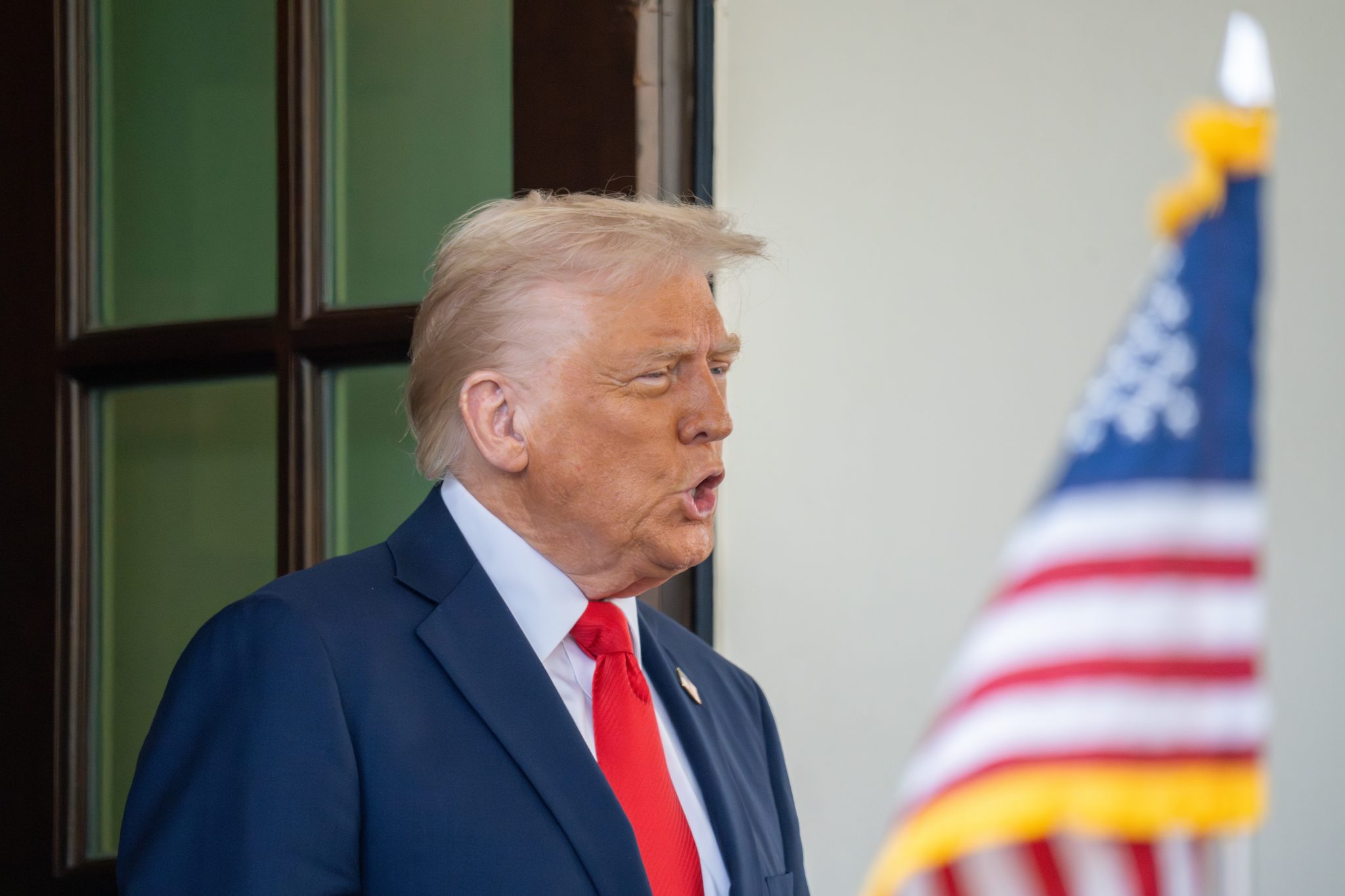Trump’s Caution: Avoiding Another Libya

President Trump, wary of the chaos that dismantling Gaddafi left in Libya, delays decisive military action against Iran amidst rising tensions in the Middle East.
At a Glance
- President Trump hesitates to join Israeli airstrikes against Iran, fearing another “Libya” scenario.
- A regime collapse in Iran could lead to regional instability similar to Libya, Iraq, and Afghanistan.
- Pressure mounts from Israel and Trump’s cabinet, but he remains cautious.
- Diplomatic negotiations with Iran are preferred over immediate military engagement.
Strategic Hesitation
Despite pressure from Israel for the United States to join in airstrikes against Iran’s nuclear facilities, President Trump is pausing any military action. He recalls the chaotic aftermath in Libya post-Gaddafi, intending to prevent a similar situation. With concerns about regime collapse leading to further disorder, Trump is opting for a more measured approach, giving Iran a two-week window to negotiate on a nuclear pact, instead of diving headfirst into military conflict.
While some in his administration and Israeli leadership urge action, Trump knows the risks too well. A high-stakes regime collapse in Iran might usher in instability, reminiscent of what happened in Libya, Iraq, and Afghanistan. Fears loom over creating “a worse than Khamenei” situation, which poses a greater threat by fueling radicalization and regional chaos instead of resolving the nuclear issue.
Diplomatic Focus
Trump’s current strategy is focused on hammering out a diplomatic agreement rather than charging into military action. As pressure mounts on the regime, there’s clear caution against going down a path that might stoke regional fires and invite broader conflict. Trump’s hesitance to engage aligns with his understanding of diplomatic potential—a two-week timeframe presented to Iran aiming to incentivize talks over war.
There are ongoing diplomatic efforts spearheaded by UK and European leaders in Geneva. Interestingly, Trump’s envoy abstains, reflecting a unique position where the U.S. keeps its military strength on standby while allowing negotiations to take precedence. This calculated patience might offer Iran a clear alternative to the brinksmanship often seen in international politics.
Potential Outcomes
President Trump’s reluctance doesn’t come from indecision but rather a deep awareness of the stakes. Experts contend that forceful overthrowing of Iran’s regime might not only destabilize the region further but embolden terrorist elements. Additionally, various International players point out the retaliatory risks involved if bombing Iranian sites becomes a reality. Trumps’s strategy hinges on avoiding a large-scale blowout, with regional players like Israel eager to act more aggressively.
In conclusion, Trump’s move to allow room for negotiations while maintaining military preparedness reflects a nuanced balancing act. The looming question is whether Iran will engage earnestly or dismiss these diplomatic avenues while the clock ticks on this two-week window. With regional peace hanging by a thread, all eyes remain on how these diplomatic dynamics evolve, potentially setting the precedent for future U.S. foreign policy in volatile regions.
